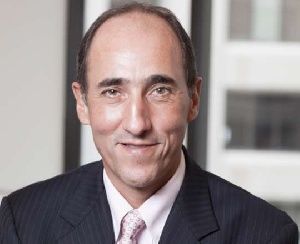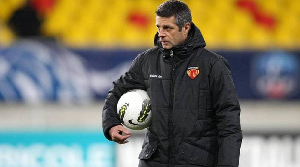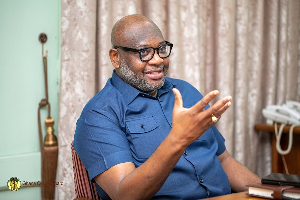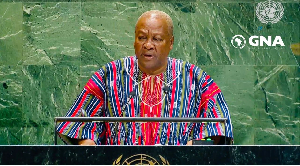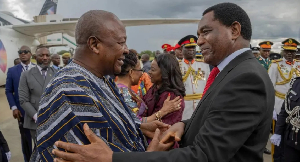In spite of the frustration and public outcry that have greeted killer taxes and rising cost of living in Ghana, the
International Monetary Fund (IMF) says Ghanaians must brace for more hardships.
According to the Fund, Ghana’s fiscal situation has deteriorated (as a result of mismanagement) to the extent that its restoration will require more difficult and painful measures.
IMF’s Mission Chief for Ghana, Mr Joël Toujas-Bernaté, said: “we recognize that the programme entails some painful measures however we are not sure if there is any other way around this.”
“The measures are painful but are a necessary condition for resolving the large imbalances accumulated over the years and bringing back macro-economic stability which are conditions for restoring investor confidence and seeing private investment pick up again to support job creation,” he stated.
The Fund has among other measures re-echoed its demands for government to maintain its freeze on employment (excluding education and health) “to ensure that the wage bill remains in line with the programme targets.”
Even though Ghana’s Finance Minister has remained optimistic about the country’s turnaround, the IMF which is helping the country out of its current economic mess is now sounding gloomy about the future.
Since the programme took off about nine months ago, the Fund has described as satisfactory Ghana’s commitment to fiscal consolidation, leading to the disbursement so far of about US$343.7 million.
“There’s still a way to go before things are restored to a more sustainable path; the global environment with declining commodity prices and tightening in international markets leading to higher borrowing costs, have become less supportive and will make these efforts so much more difficult going forward,” Mr Toujas-Bernaté explained.
In its latest staff report, the IMF stated that it would have preferred “more durable measures to what is contained in the 2016 budget statement.”
It wants tax exemptions reduced, public service allowances streamlined and efforts made to reduce earmarking of revenues and budget rigidities.
Justifying the increases in utility tariffs and fuel price hikes, the IMF Chief of Mission said the new tariffs represent the reality for Ghana.
“We recognise that this represents an additional cost for households and businesses, but this is a condition for maintaining the sector to be viable and able to deliver the electricity needed for the entire economy,” he said.
Worried over the present state of affairs, Chief Executive Officer of Dalex Finance, Mr Kenneth Thompson has asked Ghanaians to accept the reality of a lower standard of living.
“Unless we can find a way to increase our income or cut expenditure, we will have to be ready to contend with a lower standard of living,” he said.
Mr Thompson, who was speaking on a current affairs programme on television said he was saddened about the academic manner in which government representatives and other experts discuss the country’s teething challenges.
“We just have to accept the fact that we can’t repair our roads the way we used to; we can’t equip our hospitals well enough anymore; we have to make do with the little that we have,” he concluded.
Business News of Saturday, 30 January 2016
Source: thebftonline.com

